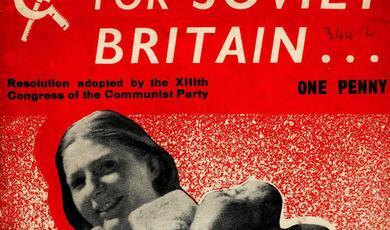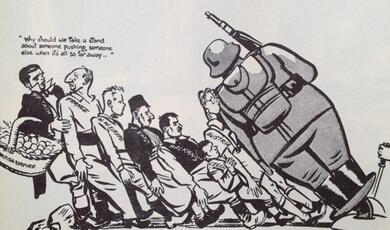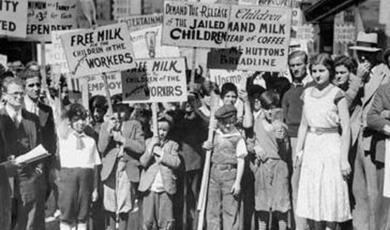Following his previous lecture on the subject, Professor Nicholas Deakin CBE and a panel of experts discuss the lives and ideas of middle class Communist recruits in 1930s Britain. Why did some idealistic young people join the Party in the inter-war years? What was the attraction of Communism and which beliefs, events or material circumstances prompted them to join? How did the Party respond to this predominantly university-educated group of recruits?
In 2014 there was a follow-up seminar: Middle Class Recruits to Communism Family Members' Memories


 Login
Login



